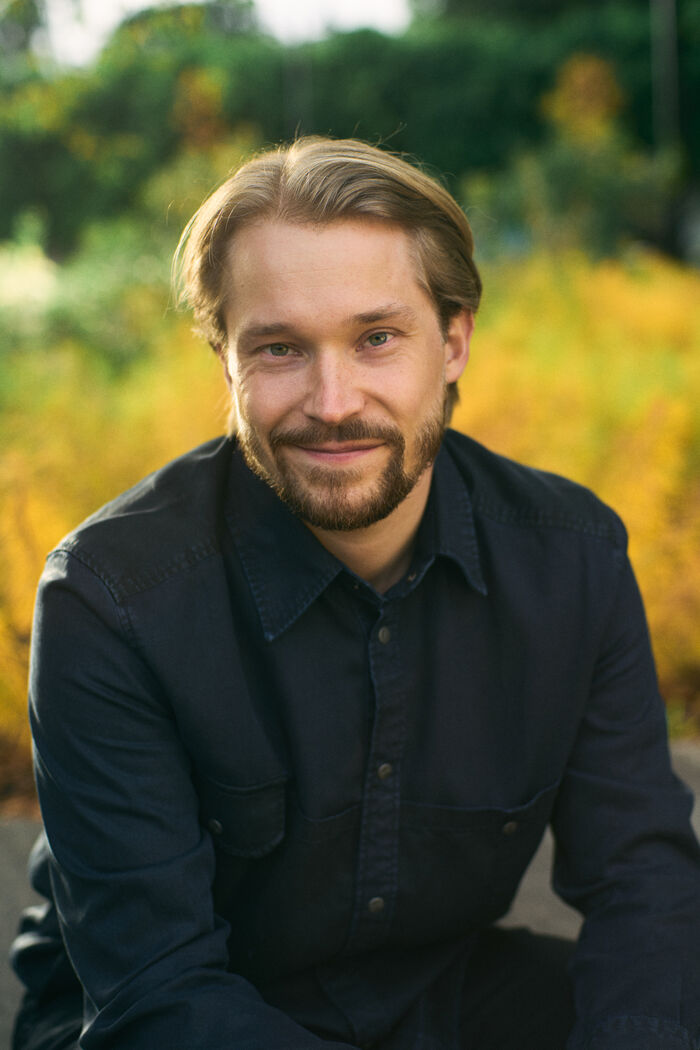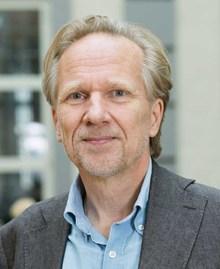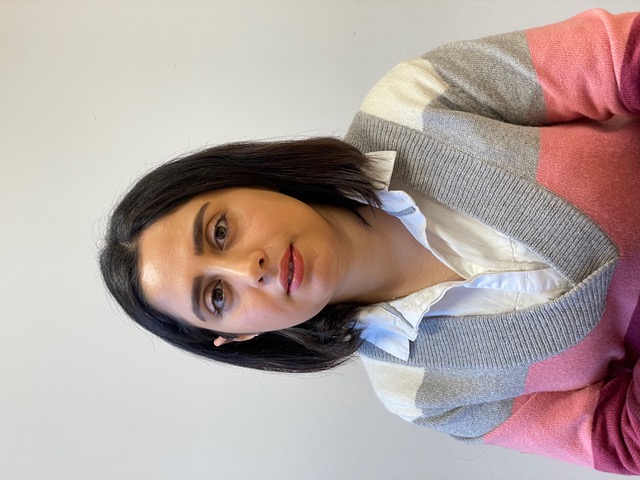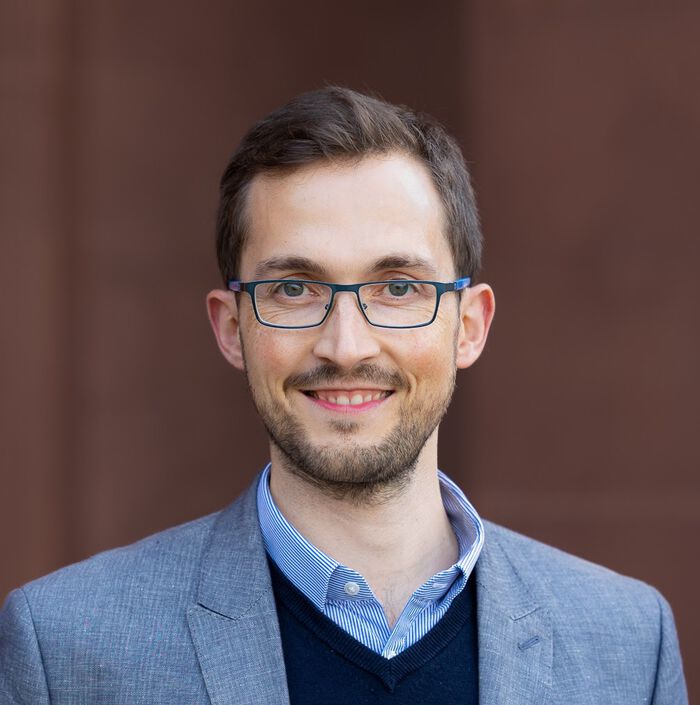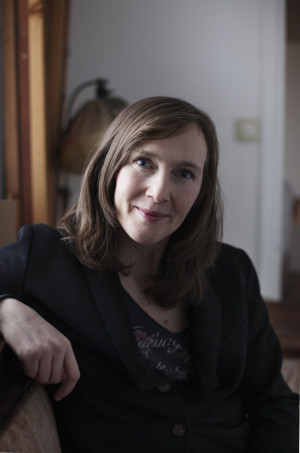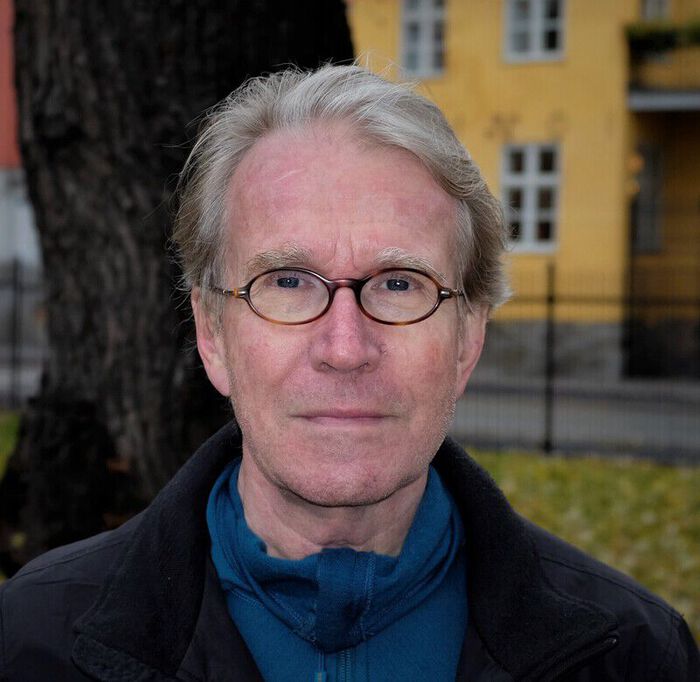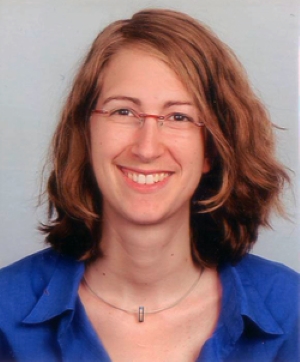Tidligere arrangementer - Side 45
Department seminar. Joonas Tuhkuri is an Assistant Professor of Economics at Stockholm University He will present the paper: "New Evidence on the Effect of Technology on Employment and Skill Demand".
The Ports speaker series features Liam Campling, Professor of International Business and Development at Queen Mary University of London, and Alex Colas Professor of International Relations at Birkbeck University of London.
Estimates of environmental extremes are needed for a multitude of applications. For example, buildings, roads, bridges and dams must be designed to withstand extreme precipitation and flooding events of a certain size. Obtaining such estimates requires a combination of statistical theory and environmental process understanding to overcome data deficiencies: data on extremes are by definition sparse and regulations often require estimates for events that have yet to be observed. We will present approaches to obtain consistent estimates across spatial locations and accumulation periods, and discuss a few open questions on this topic.
Department seminar. Tore Ellingsen is Professor of Economics at Stockholm School of Economics. He will present the paper: "A Model of Social Duties".
Welcome to nex seminar of the semester, where we will host a talk by Laura Valencia (Doctoral Research Fellow, Lefevre-Nilsson Group, FYSCELL, IBV)
OceanSun’s floating solar island consists of a hydro elastic membrane attached to a flexible torus, providing a more cost-efficient alternative with natural cooling of the panels leading to increased efficiency. The current research focuses on the seakeeping characteristics of OceanSun’s FSPV concept specifically. Wave induced loads are of particular interest, as the feasibility of offshore installation strongly depends on environmental loads. Important responses of the membrane based FSPV are identified by the development of a global model based on linear potential flow theory, and linearly pre-tensioned membrane motions. Based on theory formulated by Gr?n (2022), a modal analysis is used to describe the vertical displacement of the membrane-floater system. A numerical implementation of the theory in WAMIT is compared to experimental results from model-scaled tests.
Maryam Saberi, Researcher at Rosseland Centre for Solar Physics, University of Oslo.
Department seminar. Andreas Gerster is a Acting Professor of Economics at University of Mannheim. He will present the paper: “Energy Tax Exemptions and Industrial Production”.
Felleskollokvium by prof. Erik Adli, Dept. of Physics, UiO
QOMBINE seminar talks by Delphine Martres (University of Oslo) and Alexander Müller-Hermes (University of Oslo)
Prof. Julian Caskel, from Folkwang University of the Arts, will speak at RITMO's Seminar Series.
Nakajima quiver varieties are a class of combinatorially defined moduli spaces generalising the Hilbert scheme of points in the plane, defined with the aid of a quiver Q (directed graph) and a fixed framing dimension vector f. In the 90s Nakajima used the cohomology of these varieties (in fixed cohomological degrees, and for fixed f) to construct irreducible lowest weight representations of the Kac-Moody Lie algebras associated to the underlying graph of Q. Since the action is via geometric correspondences, the entire cohomology of these quiver varieties forms a module for the same Kac-Moody Lie algebras, suggesting the question: what is the decomposition of the entire cohomology into irreducible lowest weight representations?
In this talk I will explain that this question is somehow not the right one. I will introduce the BPS Lie algebra associated to Q, a generalised Kac-Moody Lie algebra associated to Q, which contains the usual one as its cohomological degree zero piece. The entire cohomology of the sum of Nakajima quiver varieties for fixed Q and f turns out to have an elegant decomposition into irreducible lowest weight modules for this Lie algebra, with lowest weight spaces isomorphic to the intersection cohomology of certain singular Nakajima quiver varieties. This is joint work with Lucien Hennecart and Sebastian Schlegel Mejia.
Finding the optimal shape is a vivid research area and has a wide range of applications, e.g., in fluid mechanics and acoustics. Moreover, there is also a close link to image registration and image segmentation. In this talk, we consider shape optimization tasks as optimal control problems that are constrained by partial differential equations. From this perspective, state-of-the-art methods can be motivated by the choice of the metric on the set of admissible shapes. Moreover, a new approach for density based topology optimization is presented in the setting of Stokes flow. It is based on classical topology optimization and phase field approaches, and introduces a different way to relax the underlying infinite-dimensional mixed integer problem. We give a theoretically founded choice of the relaxed problems and present numerical results. Moreover, in order to show the potential of the new approach, we do a comparison to a classical approach. (joint work with Michael Ulbrich and Franziska Neumann)
I en tid med fokus p? funksjon, m?lstyring og instrumentell nytte, faller danning lett i bakgrunnen. Hvorfor er det s?nn?
A tropical curve is a graph embedded in R^2 satisfying a number of conditions. Mikhalkin's celebrated correspondence theorem establishes a correspondence between algebraic curves on a toric surface and tropical curves. This translates the difficult question of counting the number of algebraic curves through a given number of points to the question of counting tropical curves, i.e. certain graphs, with a given notion of multiplicity through a given number of points which can be solved combinatorially. To get an invariant count, real rational algebraic curves are counted with a sign, the Welschinger sign and there is a real version of the correspondence theorem. Furthermore, Marc Levine defined a generalization of the Welschinger sign that allows to get an invariant count of algebraic curves defined over an arbitrary base field. For this one counts algebraic curves with a certain quadratic form.
In the talk I am presenting work in progress joint with Andrés Jaramillo Puentes in which we provide a version Mikhalkin's correspondence theorem for an arbitrary base field, that is a correspondence between algebraic curves counted with the above mentioned quadratic form and tropical curves counted with a quadratic enrichment of the multiplicity. Then I will explain how to use this quadratic correspondence theorem to do the count of algebraic curves over an arbitrary base field.
C*-algebra seminar talk by Lucas Hataishi (University of Oslo)
Juan Christian Pellicer (University of Oslo)
By José Pablo Vázquez-Medina from the University of Bekerley
What’s in a ‘verb’? Is there some lexical content which marks a word as a ‘verb’ or ‘noun’, or even a single level of analysis at which we could define them? Evidence from multiple fields of linguistics suggests not.
Jan Eivind Myhre, Professor Emeritus at the Department of Archaeology, Conservation and History, University of Oslo.
Following Givental, enumerative mirror symmetry can be stated as a relation between genus zero Gromov-Witten invariants and period integrals. I will talk about a relative version of mirror symmetry that relates genus zero relative Gromov-Witten invariants of smooth pairs and relative periods. Then I will talk about how to use it to compute the mirror proper Landau-Ginzburg potentials of smooth log Calabi-Yau pairs.
Department seminar. Inga Deimen is an assistant professor at the University of Arizona. She will present the paper: "Strategic information transmission in the employment relationship" (written with Andreas Blume).
I will go through my PhD work at DTU. It is about the development of a fully-nonlinear finite difference based potential flow solver which imposes all of the fluid boundaries via an immersed boundary method. The convergence and stability of this approach is first established for various linear and nonlinear wave propagation problems. When it comes to the wave-body interaction problem, cautious attention is paid to the intersection point between free surface and body surface, and a scheme which meets the accuracy and stability requirements best is picked from several proposals. With the scheme introduced in this paper, piston type wave maker and forced heaving cylinder cases with high oscillation frequency have been simulated successfully.
